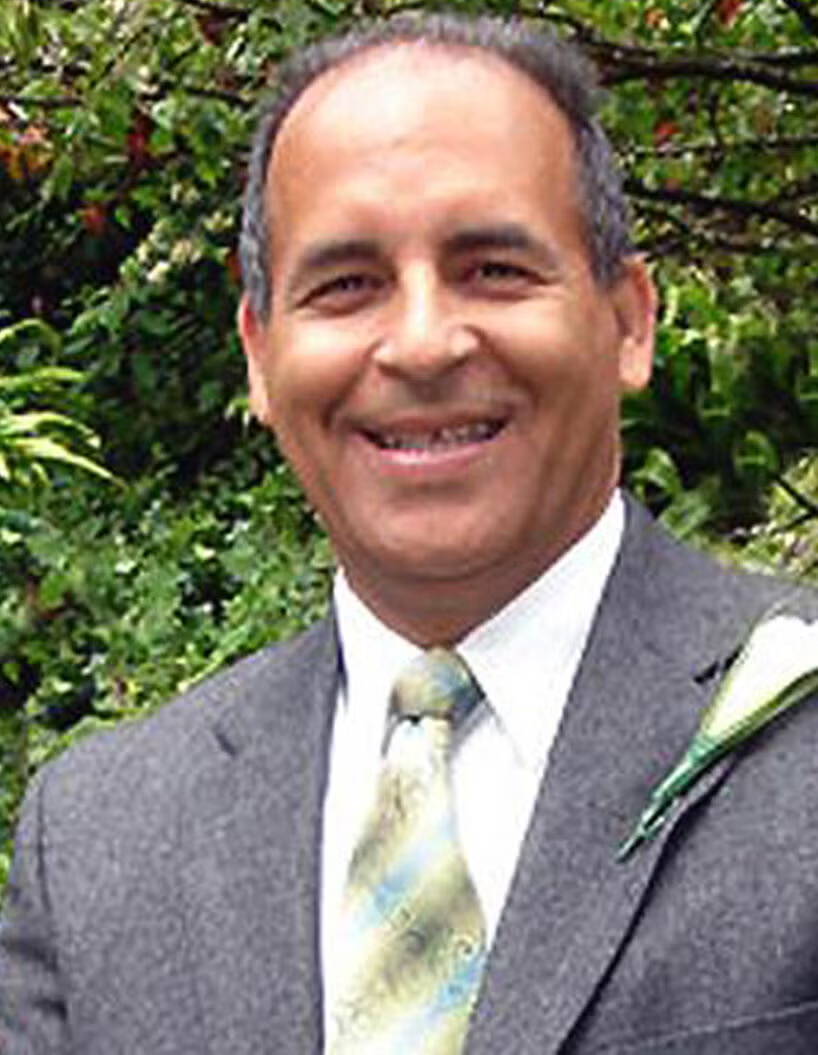In the quiet corners of Forrest City, Arkansas, where folks know each other’s stories like their own, Gloria Nowlin was the kind of woman who made the everyday feel a little less ordinary. At 77, she was the steady heartbeat of her neighborhood, always with a pot of coffee on and a story ready to share. But early Tuesday morning, that warmth turned to horror when police rolled up to her apartment on the 1100 block of Bradley Street. What they found there—a beloved mom gone too soon, in a scene stained with blood—has left this tight-knit town whispering prayers and wiping away tears. Gloria’s passing isn’t just a loss; it’s a gut punch to everyone who ever felt her gentle hand on their shoulder.
Picture this: It’s around 8:30 a.m., the sun barely cracking through the November chill, when a frantic call comes in. Someone spots a woman—Gloria’s own daughter, as it turns out—standing in the doorway, clothes soaked in blood, looking like she’d stumbled out of a nightmare. Officers from the Forrest City Police Department burst through the door and discover Gloria lifeless inside, her body bearing the marks of a struggle no one saw coming. The St. Francis County Sheriff’s Office jumped in right away, turning this into a full-blown homicide probe. They’ve got the place cordoned off, forensics combing every inch, but they’re playing it close to the chest—no motive spilled yet, no charges slapped down. All we know is the daughter’s in custody now, talking to investigators, and the weight of what might have led to this is hanging heavy over everyone.


You talk to anyone who knew Gloria, and their eyes light up before they cloud over. She wasn’t flashy; she was real. A woman of deep faith, the type who’d slip an extra plate of greens to a neighbor down on their luck or sit up late listening to your troubles without a clock in sight. “Gloria had this way of making you feel seen,” one friend told me over coffee yesterday, her voice cracking. “Like you weren’t just passing through her day—you were part of it.” Born and raised in these Delta lands, she poured her love into her family, her church pew worn smooth from years of Sunday mornings, and her little acts that stitched the community together. Losing her feels like pulling a thread that unravels a whole quilt of quiet goodness.
Word spread like wildfire through Forrest City’s backyards and group chats, turning shock into a shared ache. By lunchtime, social media was flooded with posts—old photos of Gloria at block parties, laughing with grandkids on her knee, or just beaming in that soft way she did. “Can’t wrap my head around it,” wrote a longtime neighbor. “She baked me cookies when my dad passed. Who does that now?” Vigils popped up quick: candles flickering outside the apartment complex that night, folks huddled in prayer circles at the local park. It’s the kind of raw grief that binds strangers, everyone swapping stories of her patience, her laugh that could cut through the humid air like a breeze. One guy, a mechanic down at the shop, said it best: “She remembered my birthday every year. Me, a nobody. That’s Gloria.”
The cops aren’t saying much more than they have to, but they’re clear on one thing—this hits different when it’s family tangled up in the why. Early reports hint at a domestic storm that boiled over, the daughter maybe wrestling with demons we can only guess at: mental health struggles, old wounds, or just the crush of life in a small town where help feels miles away. Investigators are piecing it together like a puzzle no one wants to solve—witness statements from folks who heard raised voices late the night before, phone records pinging back and forth, the blood evidence telling its silent story. The Forrest City PD and sheriff’s team are tag-teaming it, vowing to chase every lead until the truth stares back. They’re asking anyone who saw or heard something to step up—no detail too small, because in a place this close, someone always knows more than they let on.
As the sun sets on another day without her, Forrest City’s leaning on what Gloria left behind: that unshakeable kindness that didn’t ask for fanfare. Her family’s pulling together, sorting through memories instead of blame, while the rest of us grapple with how fragile these bonds can be. Friends are already talking memorials—a bench by the river where she used to fish, or a scholarship for kids who need a hand up, just like she gave. It’s not about forgetting the ugly end; it’s about holding tight to the light she carried. In a world that can turn cold fast, Gloria reminded us how to stay warm for each other.
This tragedy’s got folks rethinking the shadows in their own homes—the unspoken strains, the cries for help that slip through. Authorities are doubling down on resources, hotlines flashing on every local news ticker, urging families to talk before it’s too late. Gloria’s story, heartbreaking as it is, might just spark those hard conversations around kitchen tables across Arkansas. She deserved her golden years, surrounded by the love she sowed so freely. Now, as her community heals one shared sigh at a time, we’re left vowing to honor her by being a little more like her: open-hearted, steady, and there when it counts. Rest easy, Gloria. You’ve left your mark, deep and true.



